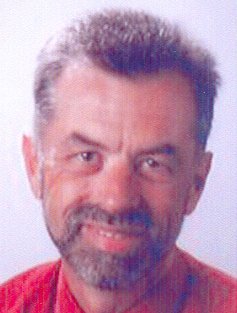Arie Verhagen, born in Vlaardingen, the Netherlands, in 1951. Ph.D. from the VU University, Amsterdam. Professor of Dutch Linguistics at Leiden University.
Fellow (1 September 2002 – 30 June 2003)
During my stay at NIAS, I wrote the major part of a book provisionally entitled, “Constructions of intersubjectivity” developing the claim that the semantic dimension that is present in many different parts of linguistic structure is related to the specifically human ability to coordinate cognition with others. In any act of linguistic communication, a speaker/writer and an addressee do not just exchange a certain construal of an object of conceptualisation; an addressee takes an utterance as intended to change some other person’s thoughts in a particular way. The general claim I make in this book is that a number of basic subsystems of grammar comprise operations on this relation of intersubjective coordination, and not information about the object of conceptualisation. The subsystems analysed are: negation and expressions related to it; complementation constructions; paratactic and hypotactic clause combinations and the connectives marking them.
The failure of several linguistic traditions to take the distinction mentioned above into account explains the persistence of a number of problems in our understanding of some central syntactic phenomena. These include: the difference between syntactic and morphological negation; the nature of subordination, and of the connection between causality and concessivity; the problematic status of the grammatical roles of ‘subject’ and ‘object’ in complex sentences; special properties of complex sentences with so-called long-distance Wh-movement (‘displaced question words’).
I also explored the idea of applying evolutionary concepts to the study of language change and, in this context looked at learning processes and their (possible) role in processes of cultural evolution. This work is connected to a larger project (jointly with Carel ten Cate, Biology, Leiden) comparing cultural evolution in birdsong and human language, which was submitted in the fall of 2002, and awarded by the Dutch Research Council (NWO) in May 2003.
